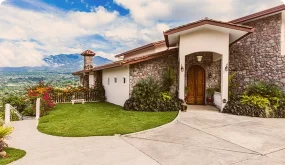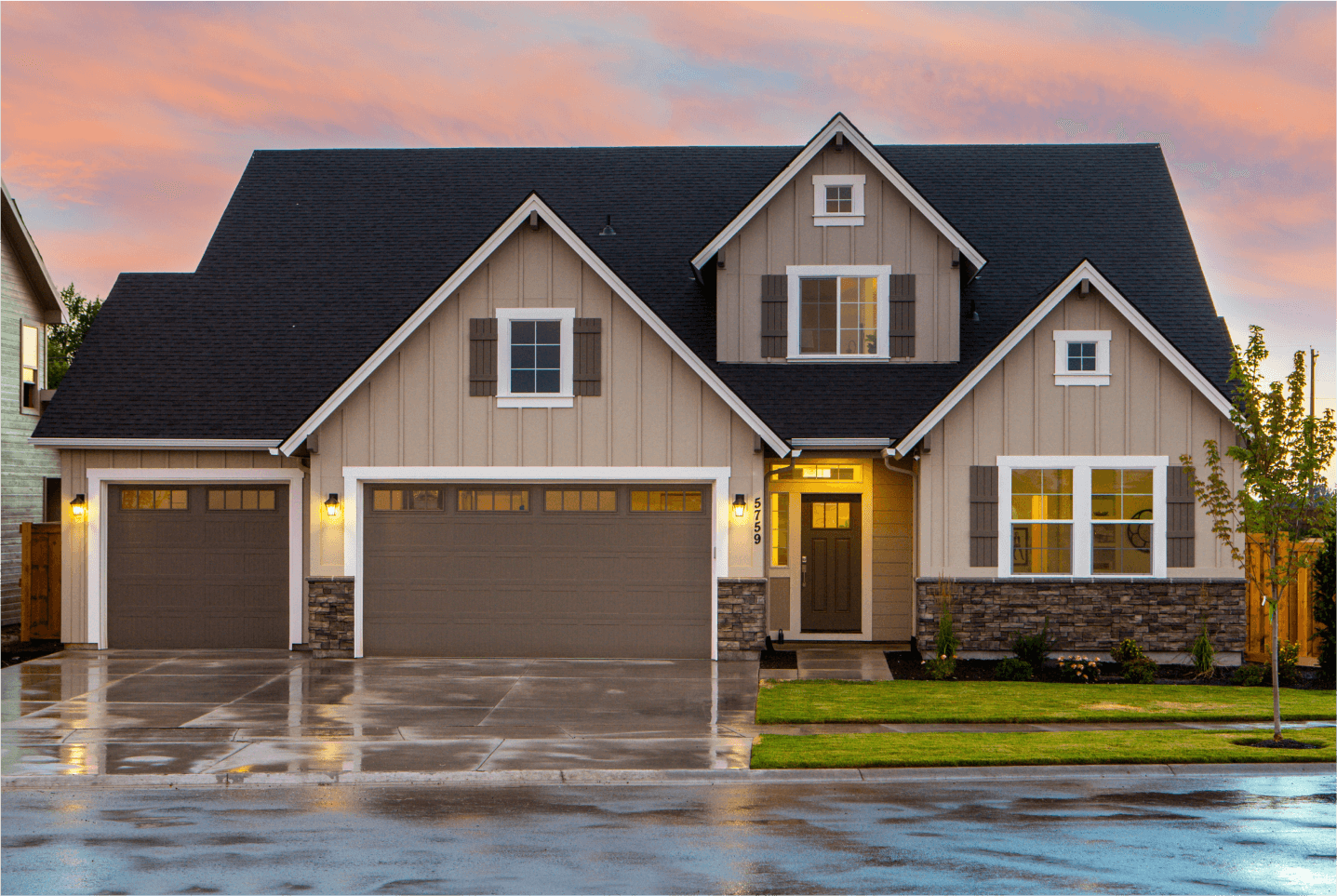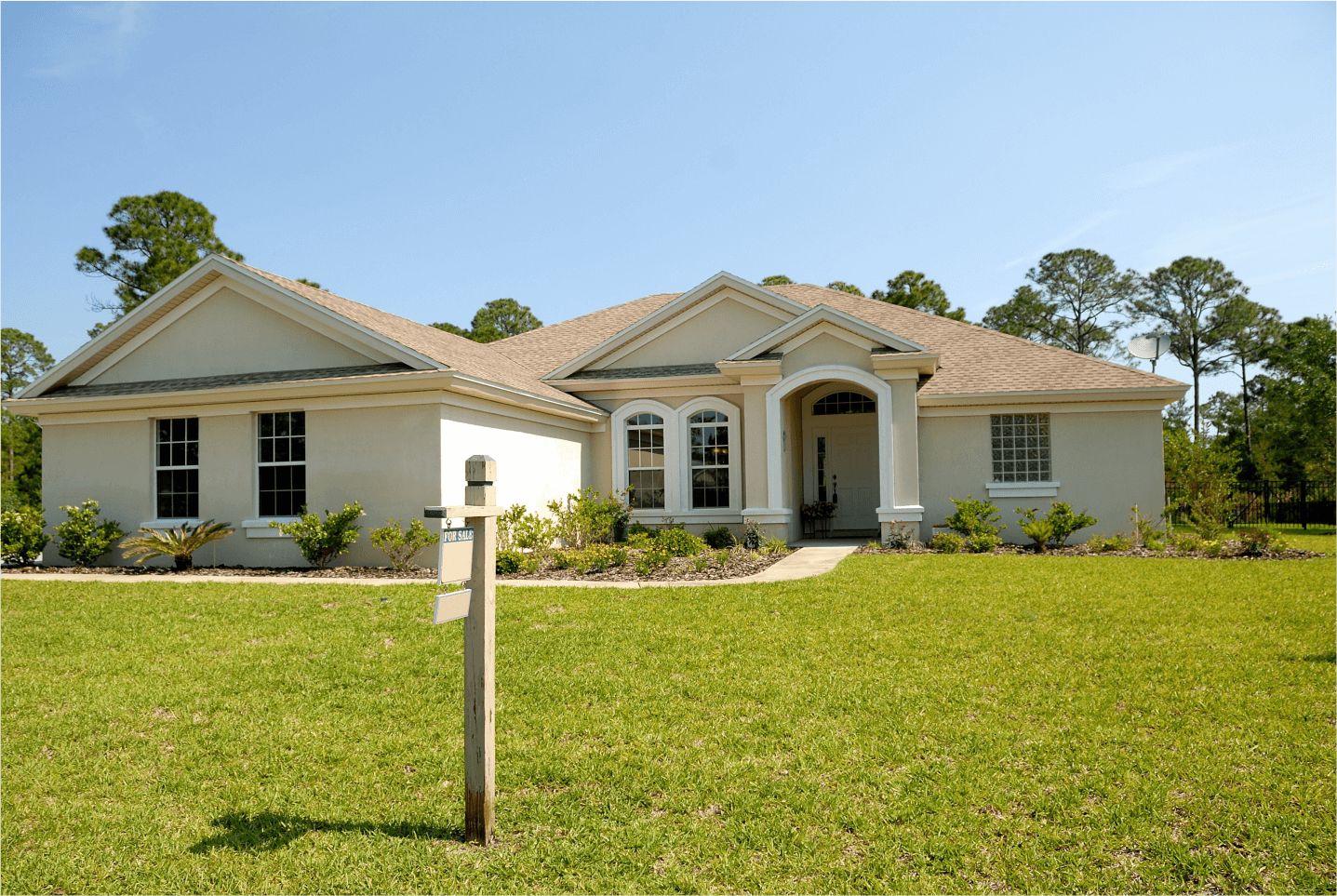Reverse Mortgage Loan
How Does It Work?
In a traditional mortgage, you make monthly payments to a lender to eventually own your home outright. A reverse mortgage works in the opposite direction. The lender pays you, either through a lump sum, a line of credit, or monthly installments. The amount you can borrow depends on several factors, including your age, the current interest rate, and the appraised value of your home.
The best part? You don't have to pay back the loan as long as you live in the home and keep up with property taxes, homeowners insurance, and any other mandatory obligations. The loan gets repaid when you sell the home, move out permanently, or pass away. Any remaining equity after the loan is paid off goes to you or your heirs.
Why Is It Beneficial for People Over 62?
- Financial Flexibility: Many seniors find themselves in a situation where they have a lot of equity in their homes but may be short on cash for living expenses, medical bills, or other financial obligations. A reverse mortgage gives you the ability to turn your home's equity into usable funds.
- No Monthly Mortgage Payments: Unlike a traditional mortgage or home equity loan, you aren't required to make any monthly payments. This can be a huge relief for those on a fixed income.
- You Still Own Your Home: A common misconception is that taking out a reverse mortgage means selling your home to the bank. That's not the case. You retain ownership and can continue to live in your home for as long as you wish, subject to the loan terms.
- Improved Quality of Life: The extra income can substantially improve your quality of life, allowing for a more comfortable and worry-free retirement.
- Inheritance: While it's true that a reverse mortgage will decrease your home's equity over time, your heirs still have the option to keep the home. They can either pay off the reverse mortgage or refinance it if they wish to keep the property.
- Tax-Free Income: The money you receive is typically tax-free, as it's considered loan proceeds and not income. However, I would recommend consulting a tax advisor to understand your specific situation.
- Protection Against Market Fluctuations: The amount you owe on a reverse mortgage will never exceed the value of your home. This is a safeguard built into the program, ensuring you or your heirs won't be left with a debt larger than the home's worth.
If you're over 62 and considering a reverse mortgage, it could very well be the financial tool that helps you achieve a more comfortable and secure retirement. Like any financial decision, it's crucial to consult professionals and carefully weigh the pros and cons to determine if it's the right option for you.







